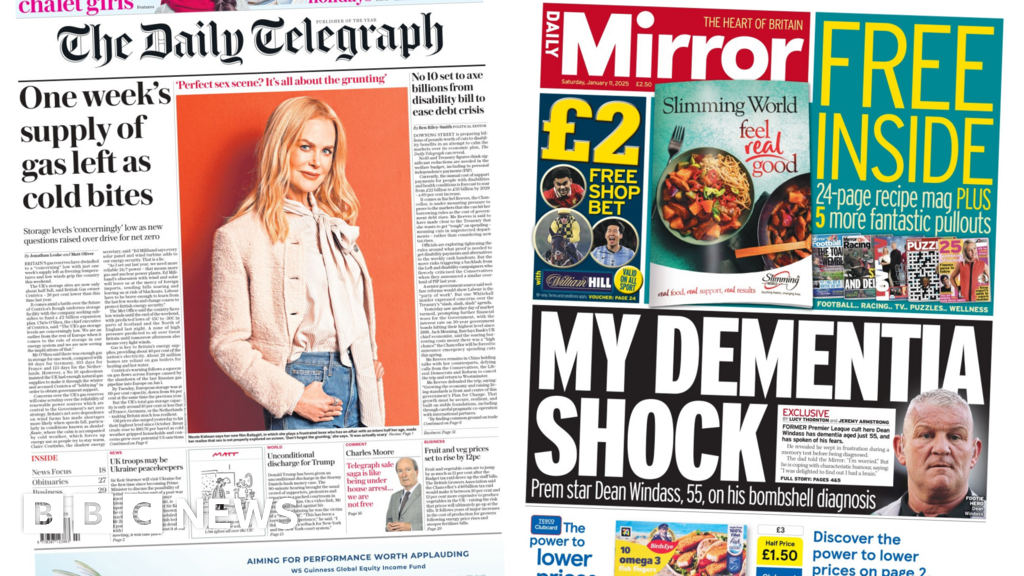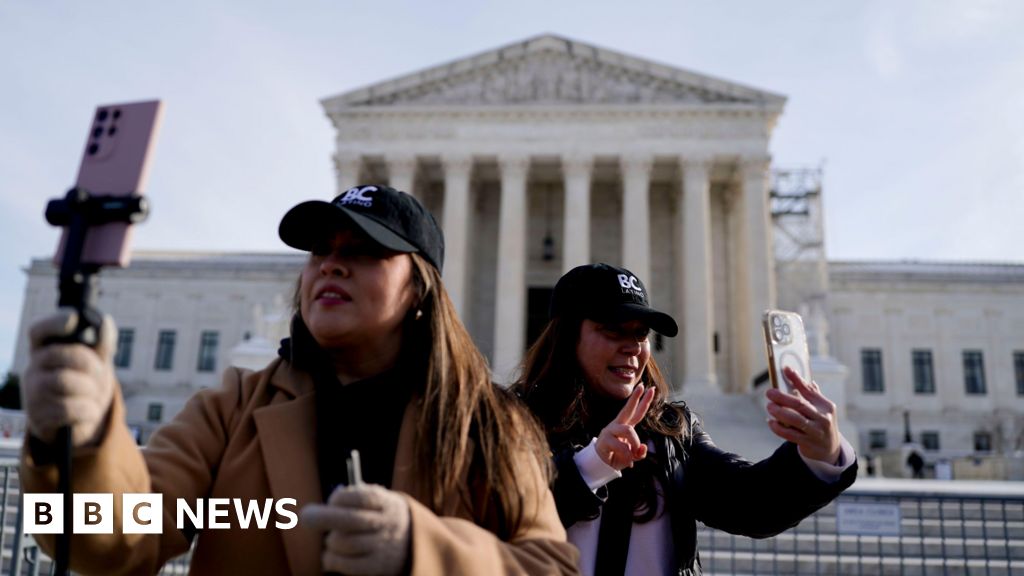Banned Russian figure skater Kamila Valieva was given 56 medications, nutritional and dietary supplements, the Court of Arbitration for Sport has revealed.
They were given to Valieva over a two-year period from January 2020 to December 2021, when she was aged 13-15.
None of the substances are on the World Anti-Doping Agency's (Wada) banned list.
Valieva, 17, was given a four-year ban for doping by Cas in January.
She tested positive for banned heart medication trimetazidine in December 2021, shortly before competing in the 2022 Winter Olympics.
Cas has released a document, external on the other medications and supplements, which were prescribed by the Russian federal medical and biological agency (FMBA), specifically Dr Adamov, Dr Shumakov and Dr Shvetskiy.
A Russian Anti-Doping Agency (Rusada) investigation found the teenager bore "no fault or negligence" for a failed test on 25 December 2021, before Cas upheld an appeal by Wada in January.
"The doping of children is unforgivable," Wada said in response.
Speaking on Tuesday, Wada's director general Olivier Niggli said:, external "It is clear that the taste of this case is very unpleasant when you see that there was a choice made to sacrifice an athlete rather than indicating who actually helped her dope."
Valieva became an instant global star as the first female skater to land a quadruple jump at a Winter Olympics.
Russia won gold in the team figure skating event on 7 February 2022, but it was announced four days later that Valieva had failed a drugs test before the Games.
Her ban was backdated to the date she took the failed test, which Valieva claimed could have been caused by a strawberry dessert prepared by her grandfather on the same chopping board he used to crush his pills.
 (1).png)
 9 months ago
14
9 months ago
14


















